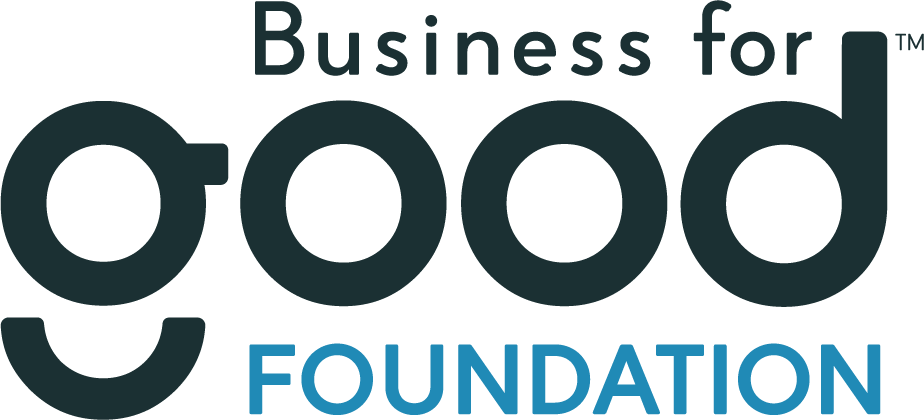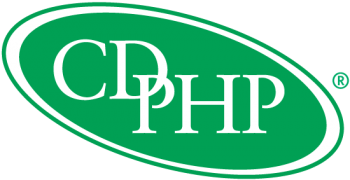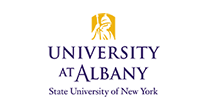News
December 6, 2017SUNY SCCC Awarded Significant Grant from the National Endowment for the Humanities $96,000 to be Used to Expand Criminal Justice Curriculum
SUNY Schenectady County Community College (SUNY SCCC) has been awarded a grant of $96,320 from the National Endowment for the Humanities (NEH) in support of its Humanistic Approaches to Criminal Justice project, a two-year curricular development program aimed at creating introductory humanities courses with a criminal justice focus.
“When I first heard about the Humanities in the Community College initiative of the NEH, the thing that had stuck in my head was that almost 90 percent of proposals were rejected at first submission,” said Dr. Babette Faehmel, Project Director and Associate Professor at SUNY SCCC. “We worked on ours for a year! But I never thought we would get it. So when Congressman Paul Tonko’s office called me to say we did, my first reaction was, ‘this must be a hoax!’ Now I cannot wait to implement the program!”
The idea behind the proposal grew out of conversations the grant writers had with one another and their students, and in dialogue with the Division of Business, Criminal Justice and Law. A need for new approaches seemed clear to all participants. Whether they will be working as state troopers, police officers, correction officers, in federal law enforcement, or as probation or parole officers, graduates of SUNY SCCC’s Criminal Justice program will likely find themselves confronted in their jobs with a multitude of challenging situations. Often, they will be the first line of responders when it comes to dealing with our most polarizing social issues, such as race relations, homelessness, and addiction, to name just a few. It was this recognition, that to prepare students sufficiently for their profession, they will need a truly comprehensive education with opportunities to grapple with difficult ethical and social issues, that ultimately motivated the group of faculty from the College’s Division of Liberal Arts, with support of their Criminal Justice colleagues, to create a special career track that will be open to incoming students by Fall 2018.
“I am consistently in awe of our faculty, who go to great lengths to ensure that SUNY SCCC students have incredible opportunities, and well-designed, thought-provoking academic programing which prepares them for their dream careers,” said Dr. Steady Moono, President of SUNY SCCC.
Students will begin their studies in a learning community, one which focuses on a discipline-centered humanities curriculum. Their humanities coursework will be relevant to their career goals and to the communities that they, as future professionals, will serve. Faculty in the program will develop co-curricular activities aiming to provide students with a deeper understanding of their clients’ needs, organize professional networking opportunities, and work closely with student success coaches.
“Rather than bring students to the humanities, we will bring the humanities to them,” said Eileen Abrahams, Project Core Faculty, and Professor of English. “Through their study of discipline-focused rhetoric and literature and history, our students will encounter difference, and such encounters create opportunities for empathy. Our NEH initiative seeks to make the most of these opportunities and to instill in students the so-called soft skills of the humanities, skills such as independent and critical thinking, and the ability to communicate clearly and cogently with others. These are the very skills our students need to better serve their communities.”
Ric Curtis, Professor of Anthropology and Chairman of the Department of Law, Police Science and Criminal Justice Administration at John Jay College of Criminal Justice, is one of the outside consultants to the program. When notified that SUNY SCCC’s proposal had received NEH funding, he responded enthusiastically, saying, “Aspiring students in the field of criminal justice need exposure to a wide range of ideas about crime and justice in our society so that they may fashion a world that is better than ours.”
Courses in the program include Literature and Writing, US History since 1877, and College Composition, all focusing on issues pertinent to the field of Criminal Justice, such as poverty, crime, mass incarceration, and the experiences of diverse populations.
“The initiative exposes students to the experiences of diverse populations and encourages them to respond with integrity and empathy to cultural and political differences,” said Miriam Cajuste, Schenectady County Affirmative Action Manager. “I believe it will have a meaningful and long-lasting impact on our communities.”
“We are really excited about that the fact that our proposal was accepted,” said Alicia Richardson, Project Core Faculty and Associate Professor at SUNY SCCC. “We were able to turn our discussions, experiences, and observations inside and outside of the classroom, as teachers and members of a much larger society, into a viable initiative. For us, this is a professional dream realized.”
SUNY SCCC, one of the 30 community colleges in the State University of New York (SUNY) system, serves close to 2,000 full-time, and more than 1,350 part-time students. The Humanities and Social Sciences A.A. degree program is one of the largest programs within the Division of Liberal Arts, while the Criminal Justice Program, housed in the Division of Business, Criminal Justice and Law, is among the most popular pre-professional programs at the College, graduating the second highest number students of all the career and transfer pre-professional programs.
Grants from the NEH are awarded after careful consideration during a review process that includes peer review along with deliberation by the National Council on the Humanities and the Office of the Chairman. Funded by the Division of Education Programs, these grants are aimed at strengthening teaching and learning in schools and colleges, facilitating research and original scholarship, providing opportunities for lifelong learning, preserving and providing access to cultural and educational resources and strengthening the institutional base of the humanities.



























